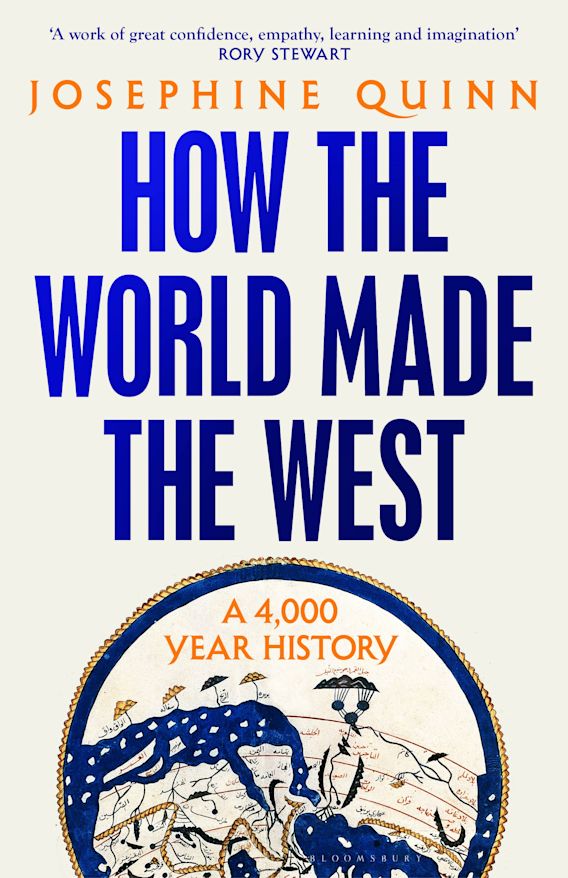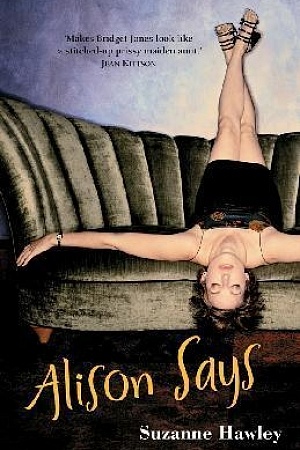How the World Made the West: A 4,000-year history
Bloomsbury, $49.99 hb, 576 pp
Ancient pasts and truths
Decolonising has reached the classics. Complexity, diversity, and entanglement are in. Greece and Rome are, well, out. The movement to ‘reclaim’ Antiquity began with noble aims: to emancipate the ancients from the prism of politics and war through which we like to see them, to emphasise the role of technology and trade in their lives, and to make women and people of colour visible among them again. Alas, decolonisation all too often seems to have descended into ugly arguments over restitution of artefacts (Elgin marbles, anyone?) or the skin shade of this or that Roman notable (Septimius Severus or St Hadrian of Canterbury, for example). Books such as Josephine Quinn’s are the sensible, balancing side of the equation, an antidote to so much virtue signalling and grievance mongering. Quinn’s is an ancient world decentred – provincialised, to invoke Dipesh Chakrabarty’s celebrated term. Greece and Rome remain, but must jostle with others for attention, space, and significance. The argument is simple. Antiquity was far more multipolar, dynamic, and integrated in reality than in the civilisational – and, indeed, civilising – narratives that Europeans since Petrarch have been telling themselves about it.
Quinn’s basic conceit is that the reader is best guided through ancient complexity by place. Thus, each chapter opens with a setting: Amarna 1350 bce, Susa 324 bce, ‘between Poitiers and Tours 732’. The aim is laudable, and perhaps a nod to the success of her Worcester College colleague Peter Frankopan, whose well-received The Silk Roads: A new history of the world (2015) travels twenty-five ‘silk roads’. Through her settings, Quinn hopes, like Frankopan, to craft a series of vignettes that reveal connected histories. The effect could be said to wear off somewhat after thirty chapters, for the book does become something of a whistlestop tour through ancient sites, major and minor. But perhaps such fatigue is unavoidable once you withdraw Greco-Roman primacy and are forced to engage pre-modern totality. Quinn starts early (c.2000 bce) and finishes late (Christopher Columbus), which at least leaves plenty of scope to present unknown examples and original insights.
Continue reading for only $10 per month. Subscribe and gain full access to Australian Book Review. Already a subscriber? Sign in. If you need assistance, feel free to contact us.
















Leave a comment
If you are an ABR subscriber, you will need to sign in to post a comment.
If you have forgotten your sign in details, or if you receive an error message when trying to submit your comment, please email your comment (and the name of the article to which it relates) to ABR Comments. We will review your comment and, subject to approval, we will post it under your name.
Please note that all comments must be approved by ABR and comply with our Terms & Conditions.